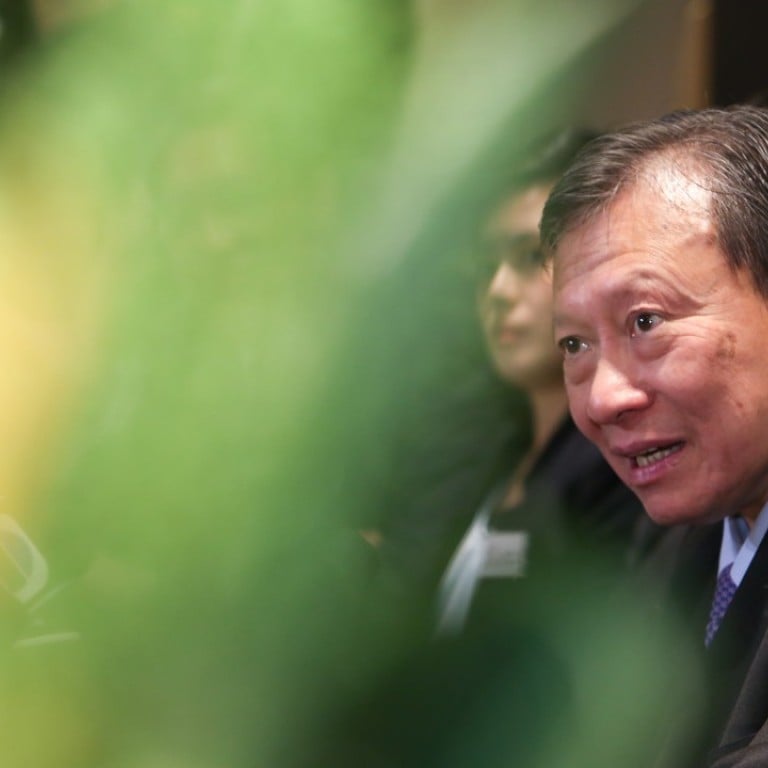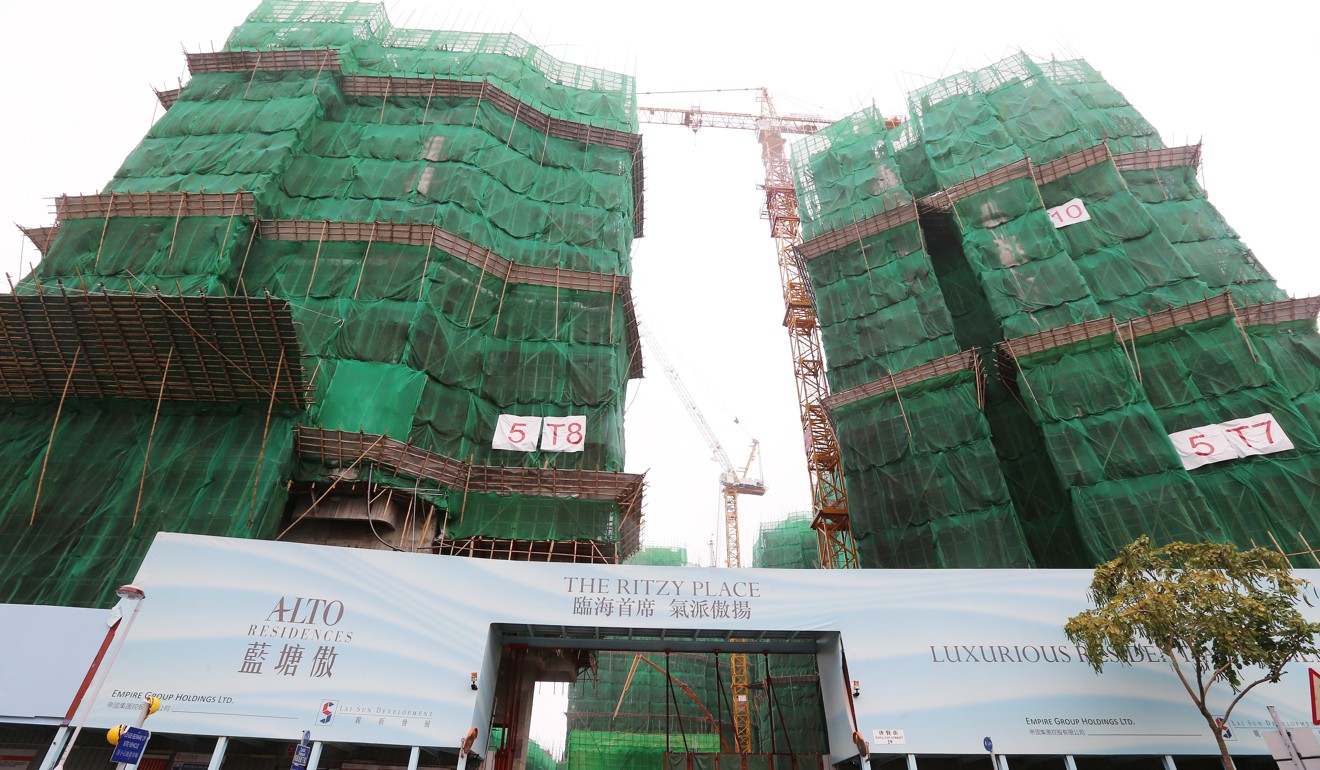
Property tycoon Walter Kwok supports using land bank for affordable homes scheme to ease Hong Kong’s housing crunch
But government incentives have to be right for developers, says Kwok, the third developer to get behind Chief Executive Carrie Lam’s bid to boost home ownership for the city’s middle class
However, Kwok, the chairman of Empire Group Holdings, said there would need to be the right incentives for developers to do so, though he did not go into details.
“It can be a win-win solution for everybody, and we can see Singapore … has been very successful in helping people to buy their own homes,” Kwok said.
Despite long commutes to save money, Hong Kong couple just can’t keep pace with rising property prices
Hong Kong has the dubious distinction of being the costliest city in the world to own a home.
Will Hong Kong’s Starter Homes scheme help young families get on property ladder or fatten the pockets of developers?
A pilot project for the scheme on Anderson Road in the East Kowloon neighbourhood of Kwun Tong is expected to provide 1,000 flats, built by private developers but with the government ensuring that prices are affordable. Buyers must have lived in Hong Kong for at least seven years, and earn no more than HK$34,000 (US$4,360) if they are single, or no more than HK$68,000 for households with two or more members.
Lam said land supply for the scheme would have to “come from sites already owned by private developers or to be bought from the government”, though an official said on Friday that a task force would consider other options to build up the city’s land bank, such as reclaiming land and constructing homes above the Kwai Tsing Container Terminals.
Task force to mull ‘never-before-discussed’ ways to boost housing
In April, Our Hong Kong Foundation, a think tank founded by former chief executive Tung Chee-hwa, estimated that Hong Kong’s three major developers – Henderson Land Development, New World Development and SHKP – had obtained a combined land bank of almost 1,000 hectares, mostly agricultural land in the New Territories.
The think-tank urged the government to co-develop land held by the city’s property developers, which could contribute to over 9,000 hectares of land.
Asked on Friday if he owned any land plots that could be used for starter homes, Kwok said: “If the government thinks it can be done on agricultural land, of course we do … We are interested, if there’s opportunity.”
He said he believed the government would be interested in farmlands in the New Territories that were “now vacant”.

While the size of Empire’s land bank is unknown, Kwok revealed in October last year that it had already invested some HK$7 billion in the city’s real estate sector since its creation in 2010.
Kwok suggested that, similar to Singapore, the government’s effort to increase housing supply was “unlikely” to cause property prices or developers’ profit to drop significantly.
“As Hong Kong becomes more internationalised … more mainland and foreign companies will set up their base here. I believe the demand for houses is big.”
In October last year, Kwok said his company’s future development strategy will focus on partnerships, adding he would not rule out the possibility of teaming up with SHKP.
Additional reporting by Naomi Ng and Peggy Sito

